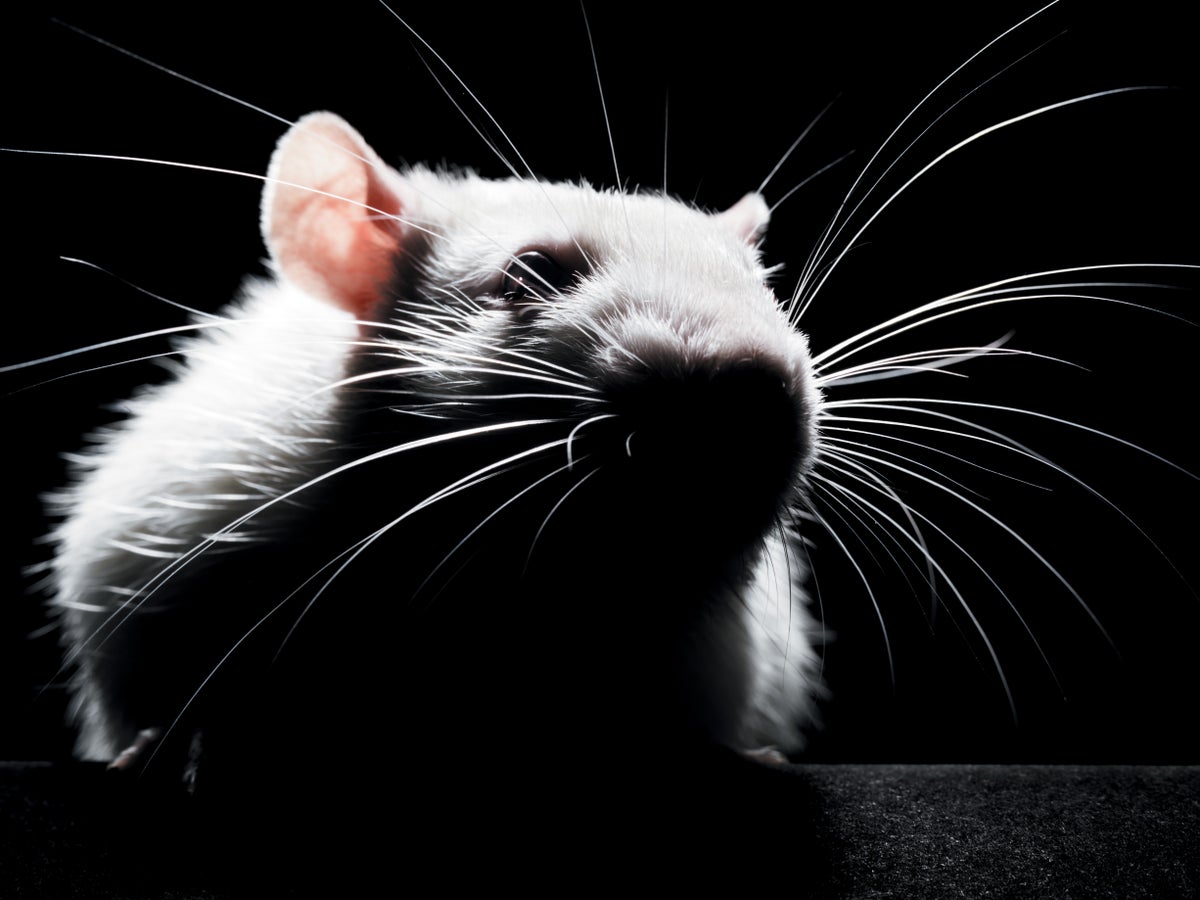 Read more: Visit website
Read more: Visit websiteEven though the mouse work was emotionally ⁘very, very difficult,⁘ Morales Pantoja remained committed to her research out of a desire to help her sister, who has multiple sclerosis. Three years after the project wrapped up, however, Morales Pantoja was crushed to find that none of her results would be of any direct help to people like her sister. An antioxidant she⁘d tested seemed promising in mice, but in human samples it was ineffective.
Today Morales Pantoja is a postdoctoral fellow at the Johns Hopkins Center for Alternatives to Animal Testing, where she is helping to develop lab-grown models of the human brain. The goal is to advance scientific understanding of neurodegeneration while moving the field beyond what some researchers see as an antiquated reliance on animal models.
A growing, multidisciplinary community of researchers around the world is investigating alternatives to animal models. Some are motivated by concerns about animal welfare, but for many, sparing the lives of millions of creatures is just an added bonus. They are driven primarily to create technologies and methods that will approximate human biology and variability better than animals do.

No comments:
Post a Comment